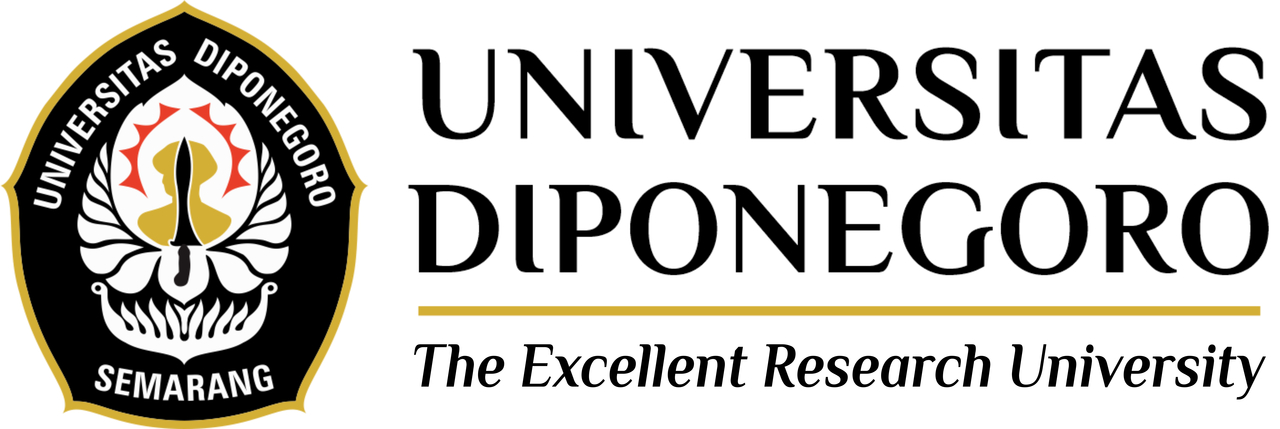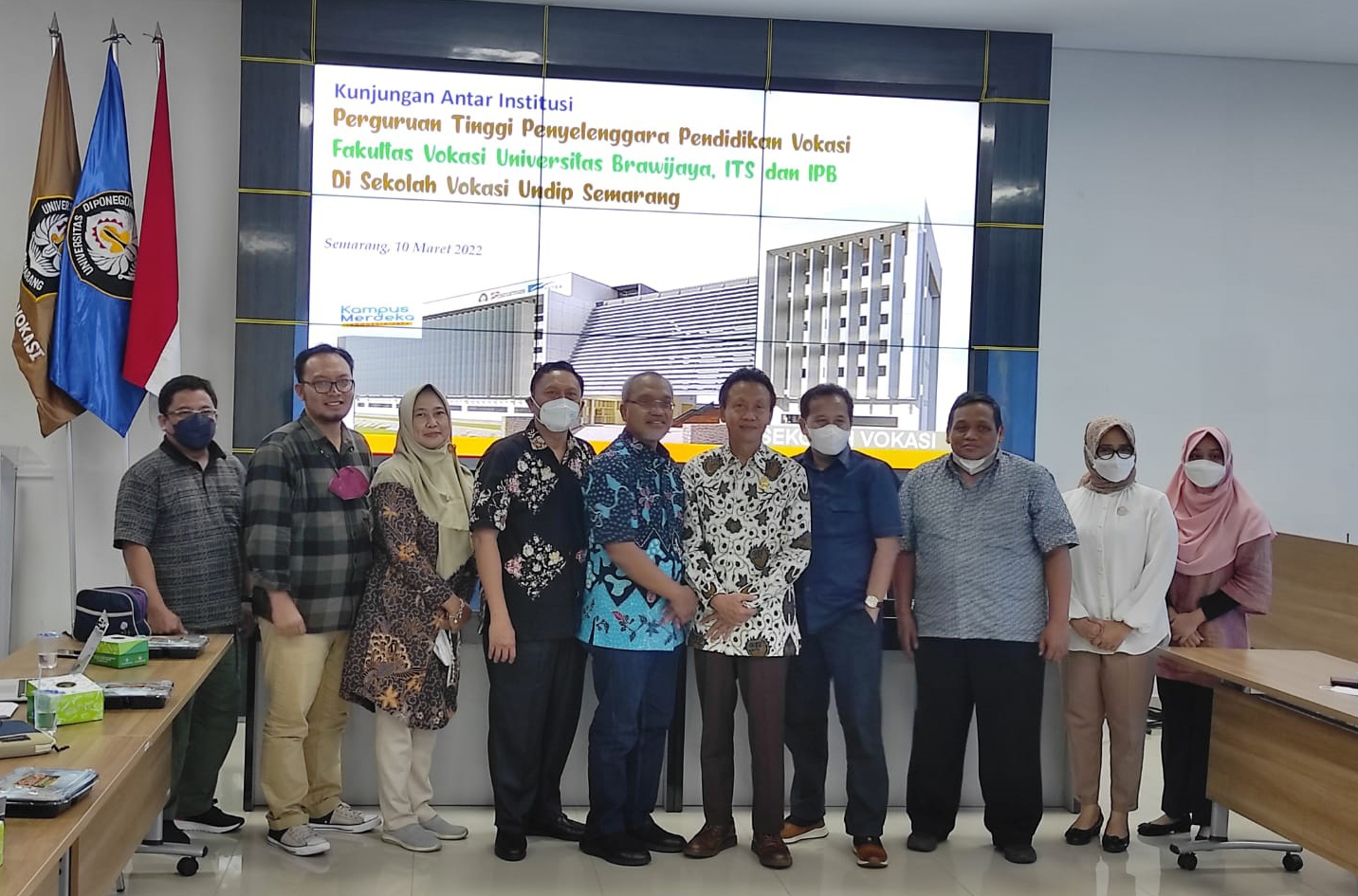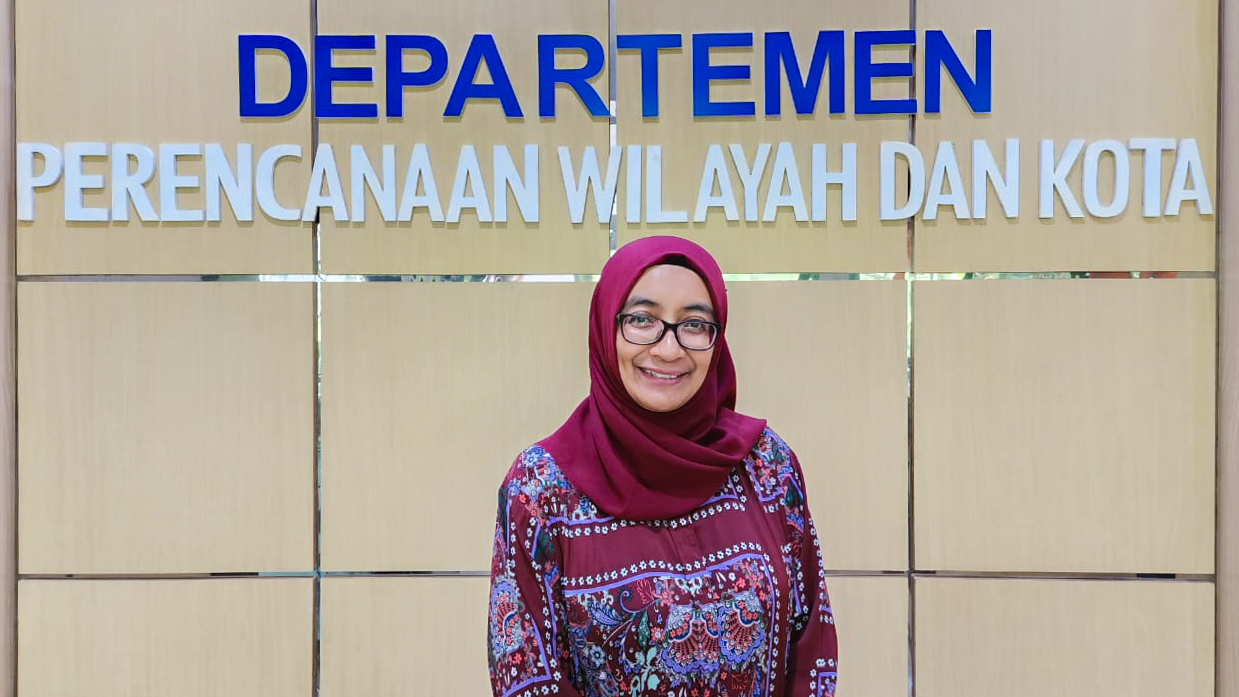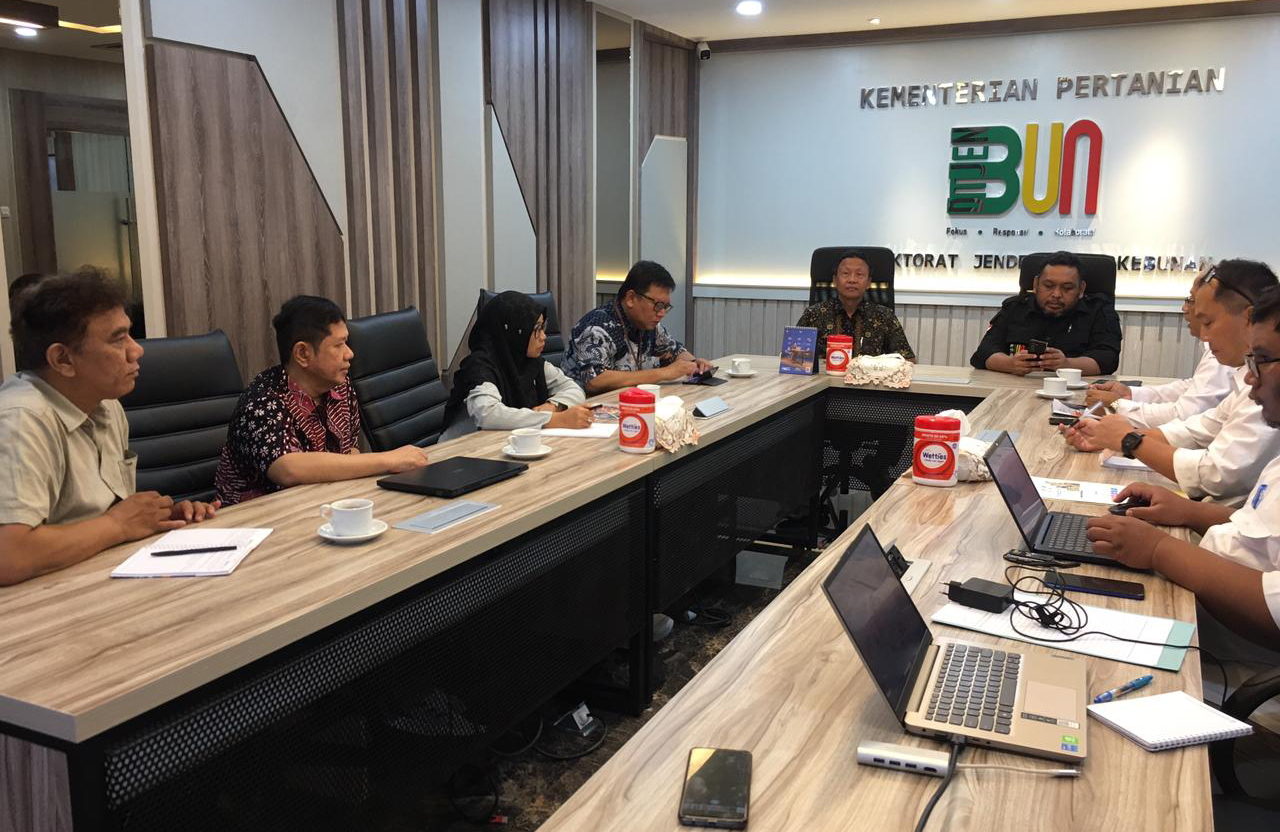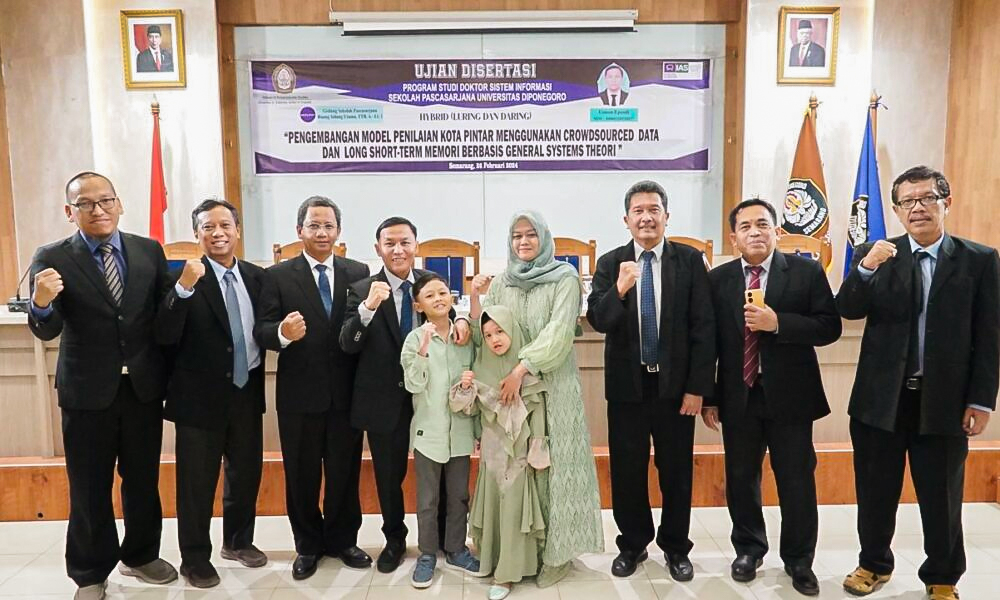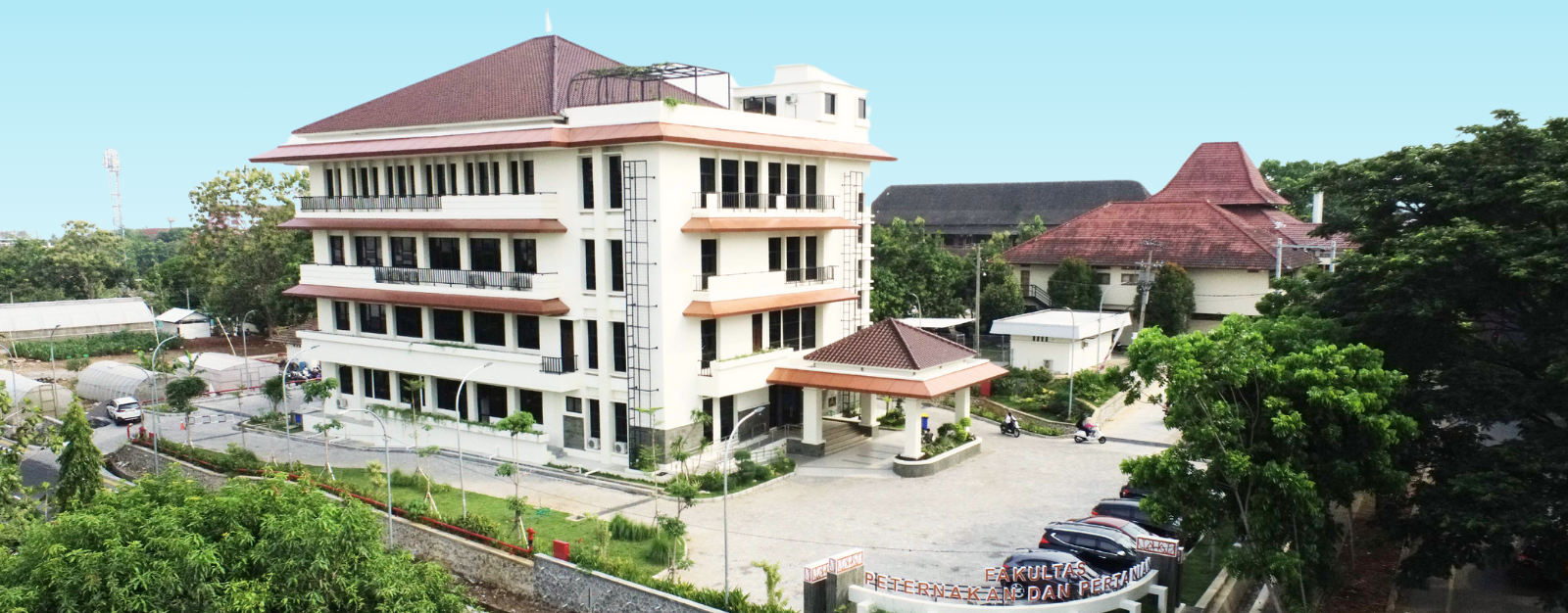Semarang, March 10, 2022 – Undip Vocational School targets all its lecturers to have competency certification from the National Certification Agency (BNSP) or other assessment institutions this year. Likewise, it is hoped that all Vocational Schools in Indonesia should be. This was stated by the Dean of Vocational School of Diponegoro University, Prof. Ir. Budiyono when receiving a visit between higher education institutions that provide vocational education at Sinarmas Building Hall, Undip Vocational School, Thursday (10/3/2022).
The visiting partner were the Director of Brawijaya University Vocational School, Prof. Dr. Unti Ludigdo, S.E., M.Sc., A.K.; the Dean of ITS Vocational Faculty, Prof. Ir. Muhammad Sigit Darmawan, M.Eng.Sc, Ph.D.; and the Dean of IPB University Vocational School, Dr. Ir. Arief Darjanto, M.Ec along with the deputy deans who were present.
“The visit is not only a gathering, but also a means to discuss strategic issues regarding the implementation of vocational education in higher education,” said Prof. Budi. The Dean of Undip Vocational School said that although the institution he led is relatively “young” when compared to other faculties at Diponegoro University, his party is focused on increasing the competitiveness of the Undip Vocational School.
“This is evidenced by the achievements of Vocational School which is now at least fourth as the best faculty in Undip. This is reflected in its annual performance and the allocation of funds it manages,” he said.
Furthermore, this Professor of Chemical Engineering added, as a provider of vocational education at the tertiary level, Undip Vocational School applied project based learning (PBL) as the main learning method to hone student skills. “In order to support the success of the vocational education mission, every lecturer as a professional teacher must also have a certificate of competence and profession, so that they are truly able to guide and assist the student learning process competently,” he said.
He also underlined that this policy also applies to students. Before graduating, students must take a competency test according to the field of science so that they can be assessed worthy of obtaining a certificate of professional competence.
“This policy aims to enable students to become skillful graduates who are competitive, in accordance with the needs of the business world and the industrial world,” he explained.
“Another strategy to support graduate competence is the improvement of the E-Learning Studio and Vocational Tax Corner facilities to support the implementation of Project Based Learning (PBL) learning methods,” he added.
“PBL is a strength for the field of vocational education so that graduates are ready to be employed with adequate soft skills,” said Prof. Dr. Unti Ludigdo, Director of Brawijaya University Vocational School.
Furthermore, the representative from Brawijaya University emphasized that efforts to strengthen the implementation of vocational education can also be carried out through collaboration between universities with the Indonesian Vocational Higher Education Forum (FPTVI).
“The forum has produced several programs, including the Indonesian Vocational Olympiad (OLIVIA) program. This program is a scientific competition activity between vocational students throughout Indonesia at the national level. There is also a National Seminar program entitled “Establishing Creative Innovation, Empowering Vocational Education” which was attended by members of Indonesian Vocational Schools and vocational school teachers throughout Indonesia,” he conveyed in more detail.
On this occasion, the Dean of ITS Vocational Faculty, Prof. Ir. Muhammad Sigit Darmawan, M.Eng.Sc, Ph.D as well as the Chair of FPTVI emphasized that his party continues to encourage vocational schools or faculties in Indonesia to strengthen their education system. It includes strengthening PBL with the support of certified lecturers.
In line with him, the Dean of IPB University Vocational School, Dr. Ir. Arief Darjanto, M.Ec who is also the former chairman of FPTVI emphasized that the teaching factory which is the hallmark of vocational education must also be optimized through the implementation of PBL. “This also happens in many developed countries,” he added.
The four heads of vocational schools or faculties from different universities are ready to strengthen synergies in developing PBL as an effort to advance applied education in higher education.
“We are very glad that the implementation of PBL in each vocational school or faculty continues to develop with the support of the existing teaching factory. This practice must be supported through good synergy to advance the implementation of vocational education in the future,” he concluded.
